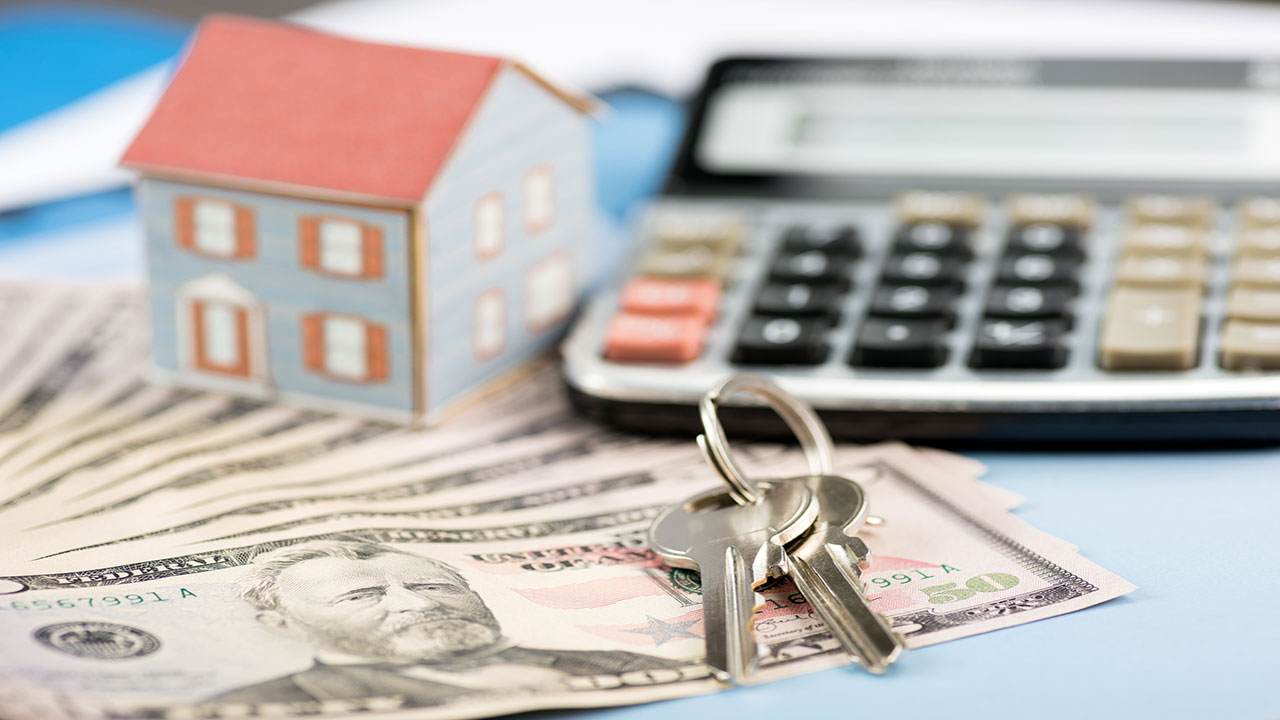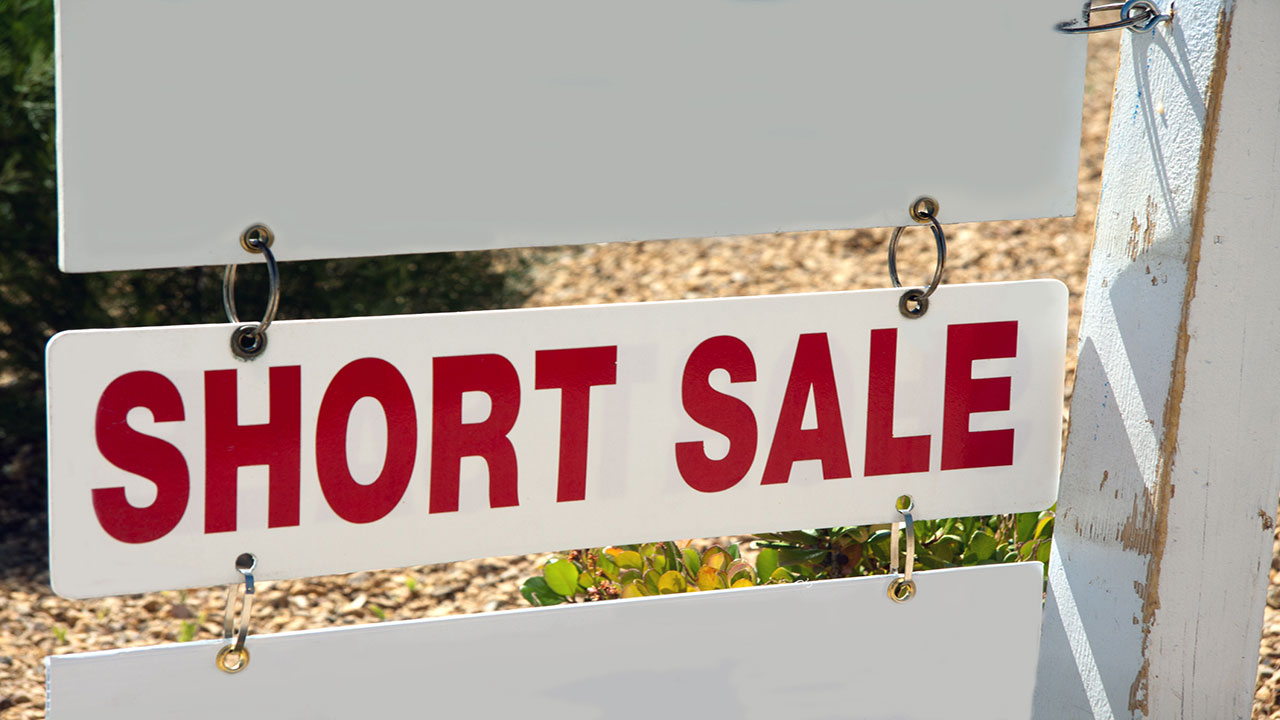Short Sales: Your Last Resort to Avoid Foreclosure

It’s not uncommon for homeowners to miss a mortgage payment or two, especially if they’ve fallen upon rough financial times and are struggling to keep up with all of their bills. Unfortunately, defaulting on a mortgage is likely if the home loan amount taken out is a lot more than what the borrower can comfortably afford.
There are a few avenues that can be taken when a homeowner has defaulted on their mortgage, the more well-known of which is foreclosure. When a homeowner misses a few mortgage payments and is unable or unwilling to get a handle on the situation, the lender is often left with little choice than to foreclose on the property.
However, there may be a way out of holding a mortgage that may be defaulted on without heading down the dark and ugly path of foreclosure: a short sale.
What is a Short Sale?

Simply put, a short sale involves the sale of a home whereby the final sale price is less than what is still owing on the mortgage. It’s essentially an option for both a homeowner to avoid the legal proceedings of foreclosure and for the lender to recoup as much money as possible before the situation gets any worse.
For instance, let’s say you bought a house for $600,000 a few years ago and took out a $500,000 mortgage to finance it. If you happen to take a pay cut or even lose your job, you may find it difficult, if not impossible, to keep up with your mortgage payments.
At this time, your home’s value has dipped to $450,000. If you’ve still got $480,000 left on your mortgage, you actually owe $30,000 more than what the house is worth.
Rather than continuing to fall behind on your mortgage payments due to a lack of income, you might choose to cut your losses and sell your home before you get yourself into a deeper financial hole. At this point, you could speak with your lender to see if a short sale is possible or if they will even agree to this arrangement.
In the above example, you’d be considered “upside down” on your mortgage because you essentially have negative equity in the home. When your mortgage balance is greater than the value of your home, a short sale may be ideal if you continue to fall behind on your mortgage payments.
Short Sale: What’s in it For You?

If you’re defaulting on your mortgage and are struggling to keep up, foreclosure could be an inevitable result. Foreclosure proceedings are typically long, drawn-out, and expensive processes that are both financially and emotionally draining.
While a short sale is not exactly an ideal situation under normal circumstances, it can certainly be a better option compared to foreclosure.
Avoiding foreclosure by going the short sale route can help you avoid the courts and prevent your credit rating from taking a hard hit that’s typically associated with foreclosure. Even though the lender will be getting back less than the full loan amount you borrowed once the home sells, your mortgage will likely be closed out and you’ll be in the clear.
You can also effectively avoid a deficiency judgment that the bank may come after you for after foreclosure. In order to recoup the difference in the amount of money that you paid towards the mortgage versus the actual loan amount, your lender could file a lawsuit against you. This judgment will then be stuck on your credit report for a few years and negatively impact your score.
You can avoid all of this with a short sale and wipe your hands clean of the property and rid yourself of any ramifications that come with foreclosure.
Short Sales Aren’t Always Available

Before you can short sell your home and be forgiven for your delinquent mortgage, your lender will need to agree to this option. While a short sale isn’t necessarily as complicated and time-consuming as foreclosure, they still involve a lot of work as well as agreement from your lender.
If you’ve missed a few mortgage payments, a short sale isn’t exactly an automatic step before foreclosure, nor will your lender necessarily agree to it. You will have to provide documentation that supports your request for a short sale and shows that you have absolutely no other option than to short sell your home. The lender will then decide if a short sale is financially viable for them before they agree to it.
You will still be responsible for finding a real estate professional who has experience short selling homes and finding qualified and willing buyers for such unique sales.
It’s important to understand that a short sale should be a last resort in an effort to avoid foreclosure. You’ll still end up losing your home and potentially find it harder to buy another at a later date.
As soon as you miss your first mortgage payment, you should contact your lender right away to see if there are any other options available to you to help you stay on track with your mortgage. They may be willing to work out a special arrangement with you.
You may also want to speak with a credit counselor who may be able to devise some strategies for you to get a hold of your finances and better manage your mortgage payments.
The Bottom Line
If you end up choosing a short sale after falling behind on your mortgage payments, make sure you fully understand all the consequences related to this alternative to foreclosure in addition to its potential benefits. Take the time to consider all of your options before making the decision to short sell your home.